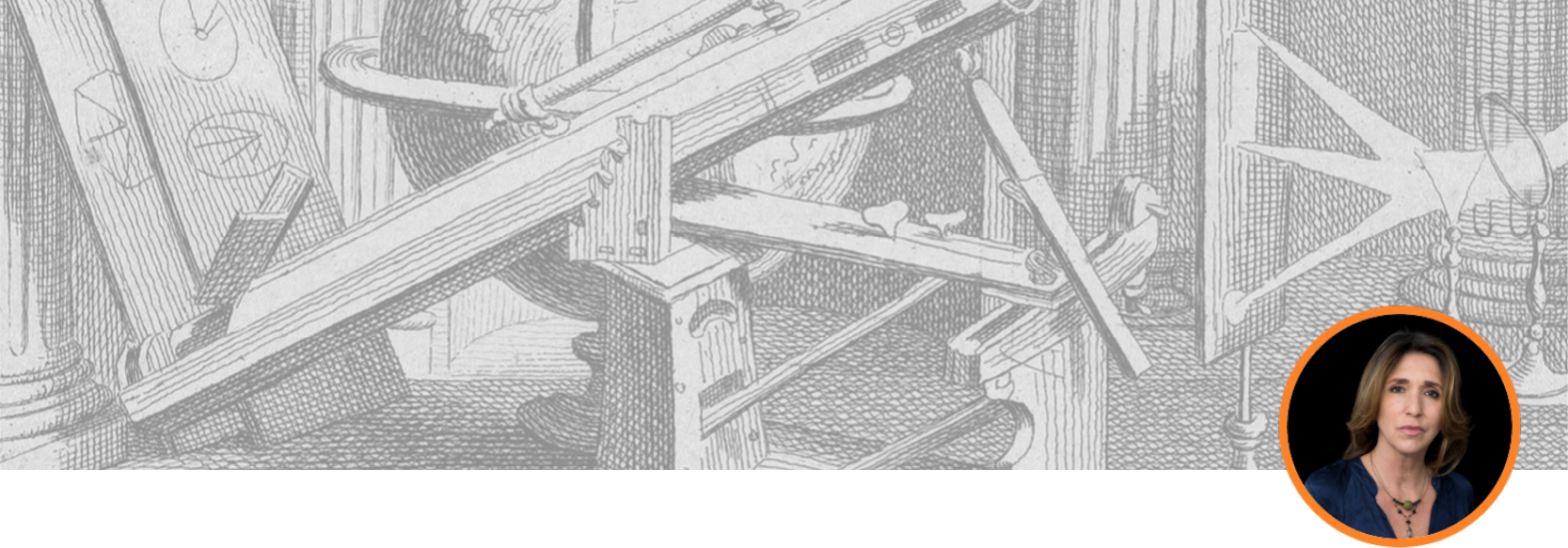Home > Research > Teams > EPISTEMIC NORMS > NORMES ÉPISTEMIQUES
EPISTEMIC NORMS
 TEAM MEMBERS | PROJECTS | PUBLICATIONS
TEAM MEMBERS | PROJECTS | PUBLICATIONS
Team Leader : Gloria Origgi
Members of the team study knowledge and epistemic norms from the twofold perspective of cognitive science (Proust) and social epistemology (Bouvier, Origgi).
Among the topics under study are : the nature of knowledge and its properties ; the social dimension of knowledge, metacognition and epistemic introspection ; the role or argumentation and rhetoric in the shaping of collective beliefs ; epistemic authority, reputation, and the control of legitimacy on information sources and political epistemology, that is, how knowledge affects political action and how it is influenced by political institutions. The team studies also social emotions and their impact on knowledge.
The team has hosted Joelle Proust’s ERC project Dividnorm (2012-2016), and a project funded by CNRS and directed by Gloria Origgi on gender biases in epistemic authority and the representation of intelligence (2013 - 2015). Since 2018, the team is involved in the ALLEA Working Group on Truth, Trust and Expertise, whose aim is producing reports on trust in expertise and the dynamics of knowledge production.
Statutory Members
- Gloria Origgi (DR, IJN)
- Joelle Proust (DR, Fondation Pierre-Gilles de Gennes pour la Recherche)
Associate Members
- Raphaël Künstler (Université d’Aix-Marseille)
- Adelaïde de Lastic
- Noga Arikha
- Elena Pasquinelli
PhD Students
- Micol Bez (G. Origgi)
- Guilhem Corot (G. Origgi)
- Amaranta López (G. Origgi)
- URIBE Daniel
- DEROBERT Alice (G. Origgi)
Young PhD Graduates
- Helena-Kristin Hachmann (A. Bouvier)
- Serena Ciranna (G. Origgi)
- Amelia Godber (G. Origgi)
Masters
- ERC Project Dividnorm (2012-2016), Joelle Proust
- Défi GENRE 2015, Projet GENIA (Genre et Inteligence Artificielle), Gloria Origgi.
- Projet PeriTia (2020-2023) Policy, Expertise and Trust in Action, Horizon 2020.
- Gloria Origgi 2022, Caccia alla verità. Persuasione e propaganda ai tempi del virus e della guerra, EGEA
- T. Y. Branch and Gloria Origgi, 2022, Social Indicators of Trust in the Age of Informational Chaos, Social Epistemology
- Branch T. Y., Origgi G., and Morisseau T., 2022, Why Trust Raoult ? How Social Indicators Inform the Reputations of Experts. Social Epistemology
- Morisseau T., Branch TY. and Origgi G., 2021 Stakes of Knowing the Truth : A Motivational Perspective on the Popularity of a Controversial Scientific Theory. Front. Psychol. 12:708751.
- Gloria Origgi 2021, Chapitre "L’épreuve de l’humiliation", dans le volume de Pierre Rosanvallon "Les épreuves de la vie", Seuil.
- Origgi, G. (2019) Passions sociales, PUF
- Origgi, G. (2018) Reputation. What it is and Why it matters, Princeton University Press
- Montuschi, E., Bouvier, A., Bohman, J., Kaldis, B., Risjord, M., Roth, P., Turner, St., Wylie, A., Zahle, J., Zamora, J. (2014), special issue of Philosophy of the Social Sciences (Venice ENPOSS/Roundtable Conference), March 2014
- Proust, J. (2014), Time and action : impulsivity, habit, strategy. In The Review of Philosophy and Psychology,
- Proust, J. (2014). Précis of Philosophy of Metacognition. Philosophy and Phenomenological Research, 89, 3, 703-709.
- Bouvier, A. (2014) "Quelle est la nature du lien social ? La philosophie sociale de Vincent Descombes", Igitur.
- Bouvier, A. (2013) "Argumentation" in Encyclopedia of Philosophy and the Social Sciences, Sage Publications.
- Bouvier, A. (2013) "Contemporary French Philosophy and the Social Sciences" in Encyclopedia of Philosophy and the Social Sciences, Sage Publications
- Proust, J. (2013) The Philosophy of Metacognition : Mental Agency and Self-awareness. Oxford : Oxford University Press.
- Origgi, G. (2012) "Epistemic Injustice and Epistemic Trust", Social Epistemology, 26, 2, p. 221-236
- Origgi, G. (2012) "A Social Epistemology of Reputation", Social Epistemology, 26.




